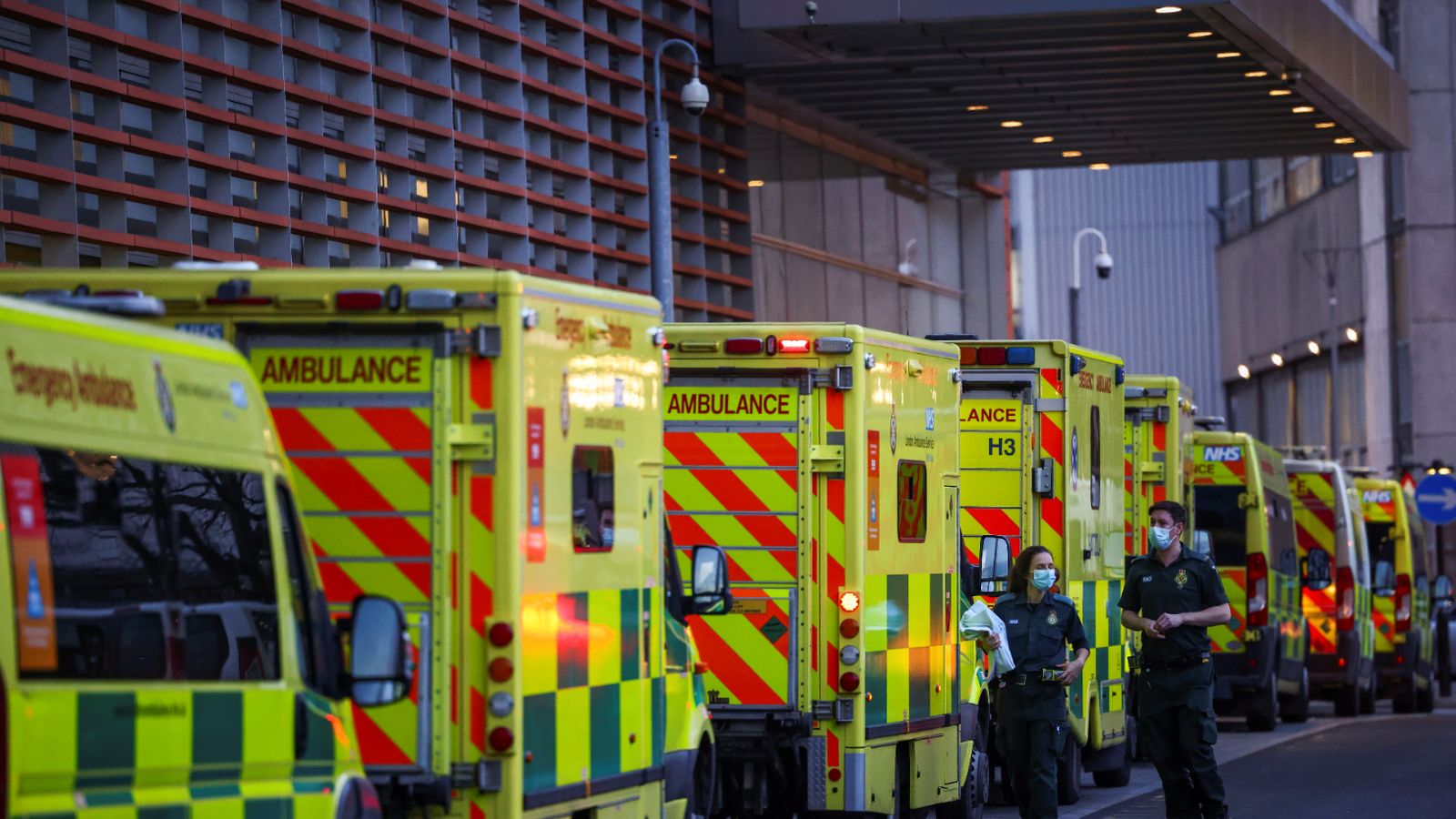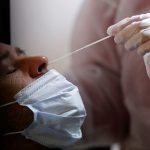The UK’s health service is coming under pressure and a hospital trust has warned patients arriving at one of its emergency departments they will face a lengthy wait unless their condition is “life-threatening”.
The South Eastern Health and Social Care Trust, a health organisation in Northern Ireland, has issued a warning to those needing emergency treatment at its Ulster Hospital.
Writing on Twitter on Sunday afternoon, they said: “The Ulster Hospital Emergency Department is under extreme pressure.
Please use Chrome browser for a more accessible video player
“If your condition is not life-threatening you will have to wait a very long time.”
The hospital trust also pointed followers towards other health services that may be helpful for those needing care.
It comes as South Central Ambulance Service alerted people on Saturday to only call the emergency services about life-threatening illnesses and injuries.
South Central Ambulance Service covers the counties of Berkshire, Buckinghamshire, Hampshire and Oxfordshire, Sussex and Surrey.
E-cigarettes could be available on NHS after medicines regulator changes guidance
COVID-19: Health Secretary Sajid Javid ‘leaning towards’ compulsory vaccines for NHS staff
Winter is coming: Will rising COVID cases bring further misery?
The service tweeted yesterday: “South Central Ambulance Service has declared a critical incident due to extreme pressures across our services.
“Our staff and volunteers are working extremely hard to respond to calls but the volume is overwhelming.
“Please, please support us by using our services wisely, we’re here for life-threatening illnesses and injuries. Thank you so much #HelpUsHelpYou.”
And, in an update, Phil Pimlott, assistant director of operations and support services, of South Central Ambulance Service, said: “We are extremely busy but are working well with all of our partners at this very challenging time.
“Overnight our staff worked very hard to minimise the time taken to hand patients over to the care of local hospitals.
“Anyone who needs the NHS should continue to come forward.”
Ambulance leaders revealed last week that services are seeing “some of the highest levels of emergency activity in history” as the winter period starts to begin.
Martin Flaherty, managing director of the Association of Ambulance Chief Executives, said: “The ambulance sector is experiencing some of the highest levels of emergency activity in its history and this is regrettably leading to delays in the sector’s ability to respond to some patients.”
The NHS defines a critical incident as any localised incident where the level of disruption results in an organisation being unable to deliver critical services.






















